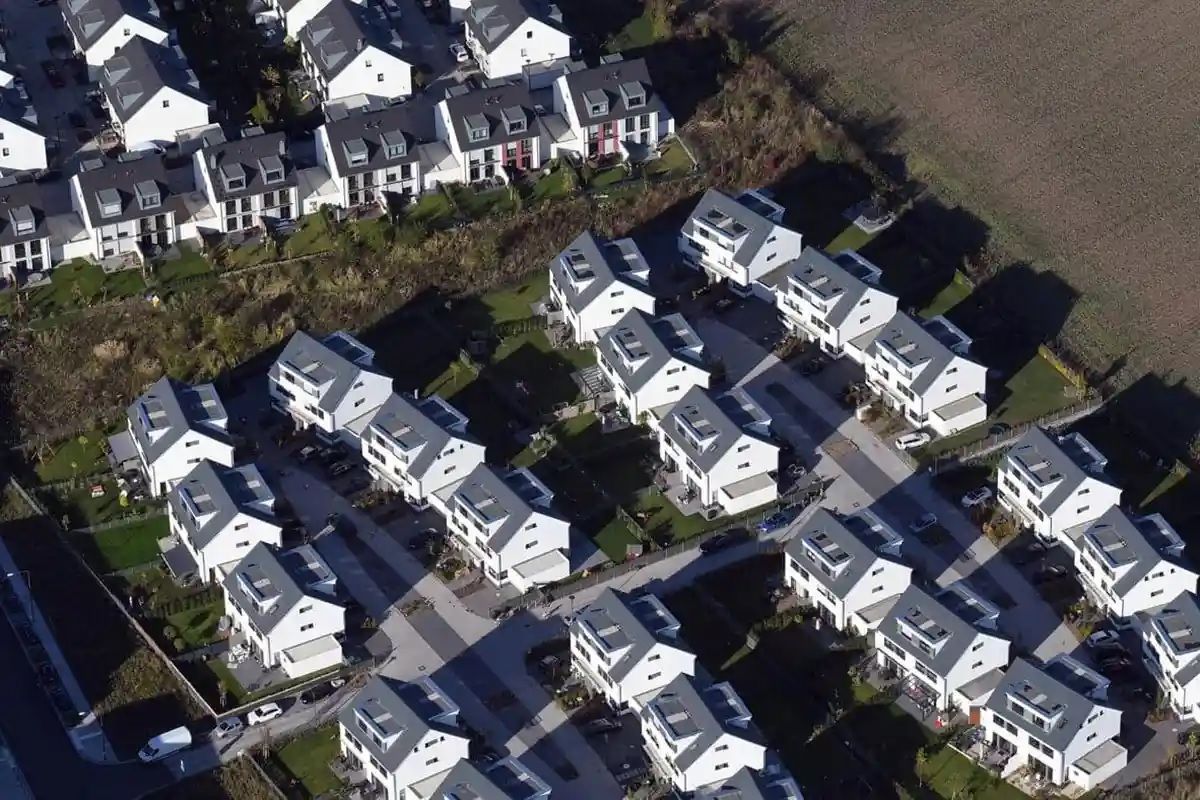In Germany, there has been a record decline in real estate prices. In the second quarter of 2023, prices for apartments and houses decreased by an average of 9.9 % compared to the same period in 2022, as reported by the Federal Statistical Office on Friday. This marks the sharpest year-on-year decrease since the data began to be recorded in 2000.
However, compared to the previous quarter of this year, the decrease of 1.5 % was less than in the two preceding quarters when residential properties dropped by 2.9 % and 5.1 %, respectively.
Record drop in real estate prices in Germany
According to researchers, prices in Germany have been falling since reaching their peak in the second quarter of 2022.
The main reason for this shift in the real estate market trend after several years of boom is the increase in interest rates on construction loans, resulting in significantly more expensive loans. Additionally, persistent high inflation is reducing the purchasing power of the population, making it increasingly difficult for many people to afford property.
In the second quarter of this year, prices decreased on average in both urban and rural areas, but the decline was more pronounced in cities.
Single-family homes saw a decrease of 12.6%, while buyers paid an average of 9.8% less for apartments than the previous year.
Significant price reductions compared to the same quarter last year were recorded in:
- Berlin,
- Hamburg,
- Munich,
- Cologne,
- Frankfurt,
- Stuttgart,
- Düsseldorf.
This occurred after a recent study showed that Frankfurt and Munich are no longer at risk of forming a housing market "bubble."
According to the UBS Global Real Estate Bubble Index for 2023, out of 25 cities worldwide, only two—Zurich and Tokyo—are at risk of forming a housing market bubble.
Frankfurt and Munich, which were in this category last year, have shifted to a lower-risk category of "overvaluation."
Related topics:
Despite the overall decline in real estate prices, some cities in Germany continue to attract investors.
Investors remain interested in cities like Frankfurt and Munich due to their downgraded risk status from housing market "bubble" to "overvaluation".








